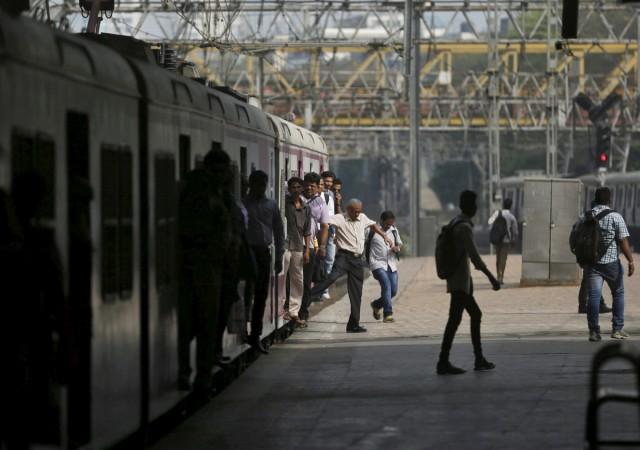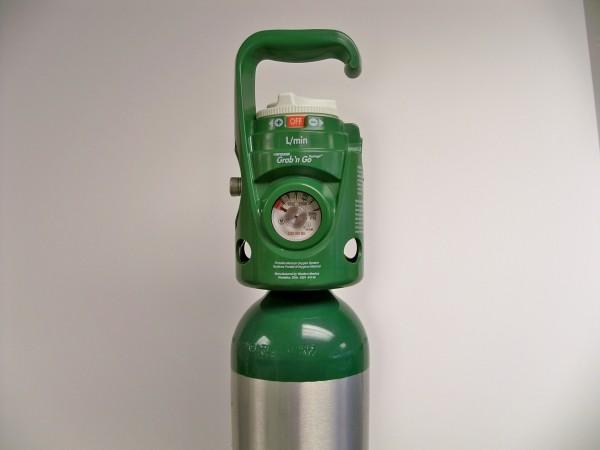
In yet another attempt to make travel safe and comfortable for passengers of Indian Railways, the Supreme Court has made it mandatory for railway authorities to carry oxygen cylinders on all trains to ensure immediate medical aid to travellers suffering from respiratory problems.
The top 5 most luxurious train journeys in India, for those who like the good life
Some passengers of Indian Railways have died during journey due to lack of immediate medical attention or the train being nowhere near to a station where medical facilities are available.
In early September, a 55-year-old woman named Kanchan Devi had died due to cardiac arrest on Dhanbad-bound Jodhpur-Howrah Express which had just departed from Jaipur station.
The victim's son had alleged that no medical aid was provided and even the ticket collector ignored the urgency.
A bench of Chief Justice Dipak Misra and Justices A M Khanwilkar and D Y Chandrachud also asked the railways to take co-ordinate with doctors from AIIMS and chalk out ways to provide immediate medical treatment to travellers in a moving train in case they fall sick.
"The railways shall keep oxygen cylinders in trains so that anyone suffering from any respiratory problem can be given aid. If any passenger or his/her companion complains to the ticket collector or the attendant that he has some medical problem and immediate attention is required, it shall be the duty of the said officials to intimate the next railway station so that he/she can be given necessary medical assistance at the next railway station where the hospital is situated," the bench was quoted as saying by PTI.

Centre had opposed the need
The order was passed only after an appeal was filed by the Centre challenging the Rajasthan High Court's order directing the railways to provide a team of one medical officer, one nurse and one attendant in all long-distance trains to take care of the medical needs of passengers.
According to the Times of India, the Centre had said that it was not feasible to hire a doctor on trains. It had also argued that it was also not possible to install machines for medical check-up of sick passengers.
The government also cited a pilot project that it had launched to start providing medical treatment to passengers on moving trains. However, the project had failed.
"During the pilot project, it was noted that serious patients could not be treated on board and had to be de-trained for medical treatment at a hospital only because the medical equipment, such as ECG machines etc. do not function properly on the trains due to noise/vibration," senior advocate Ajit Sinha, appearing for the Centre, told the bench.

Besides the pilot project, the railways' efforts to set up a chemist stall with an attendant doctor at some stations too had to be put aside as this too was not successful.
Though the apex court heard all the arguments provided by Sinha, it still insisted on not only seeking the help of the AIIMS doctors to set up medical facilities in the train but also stressed on the need of coming up with more ways to tend to ill travellers.














